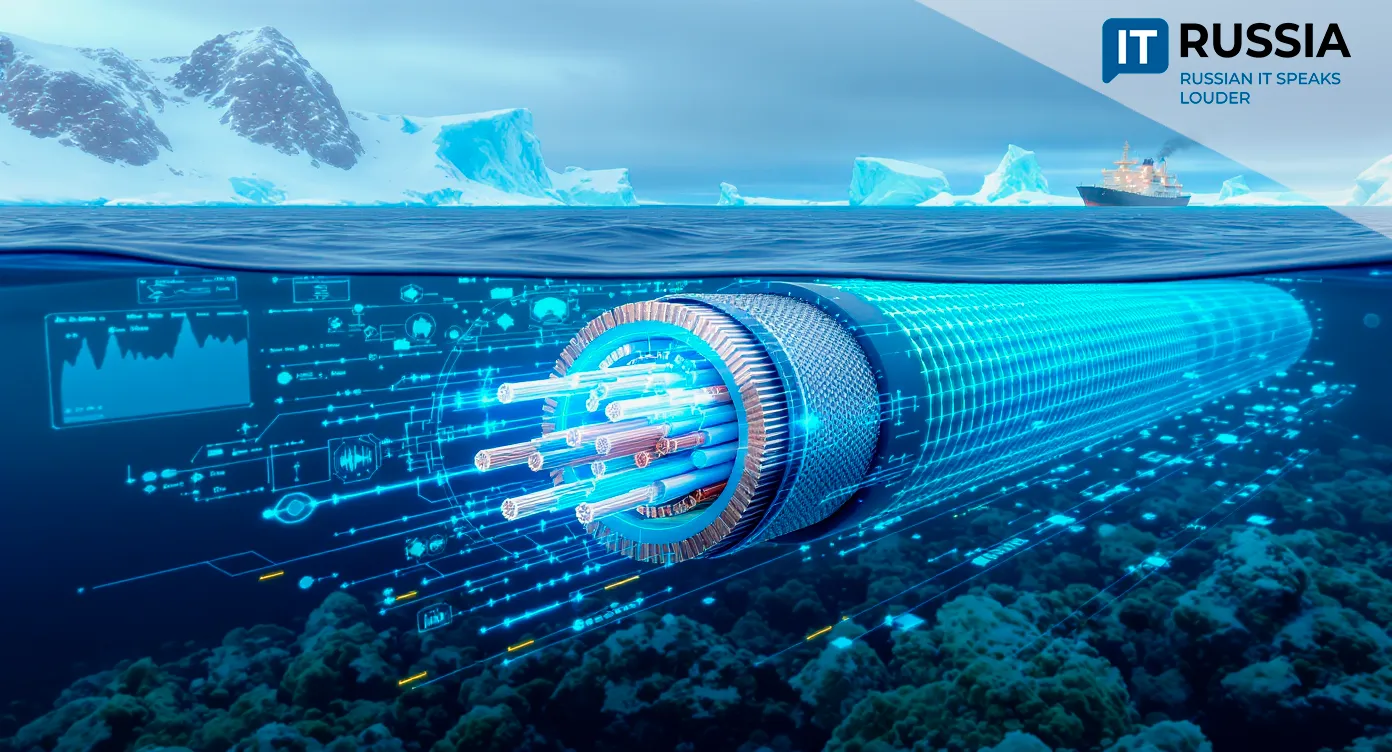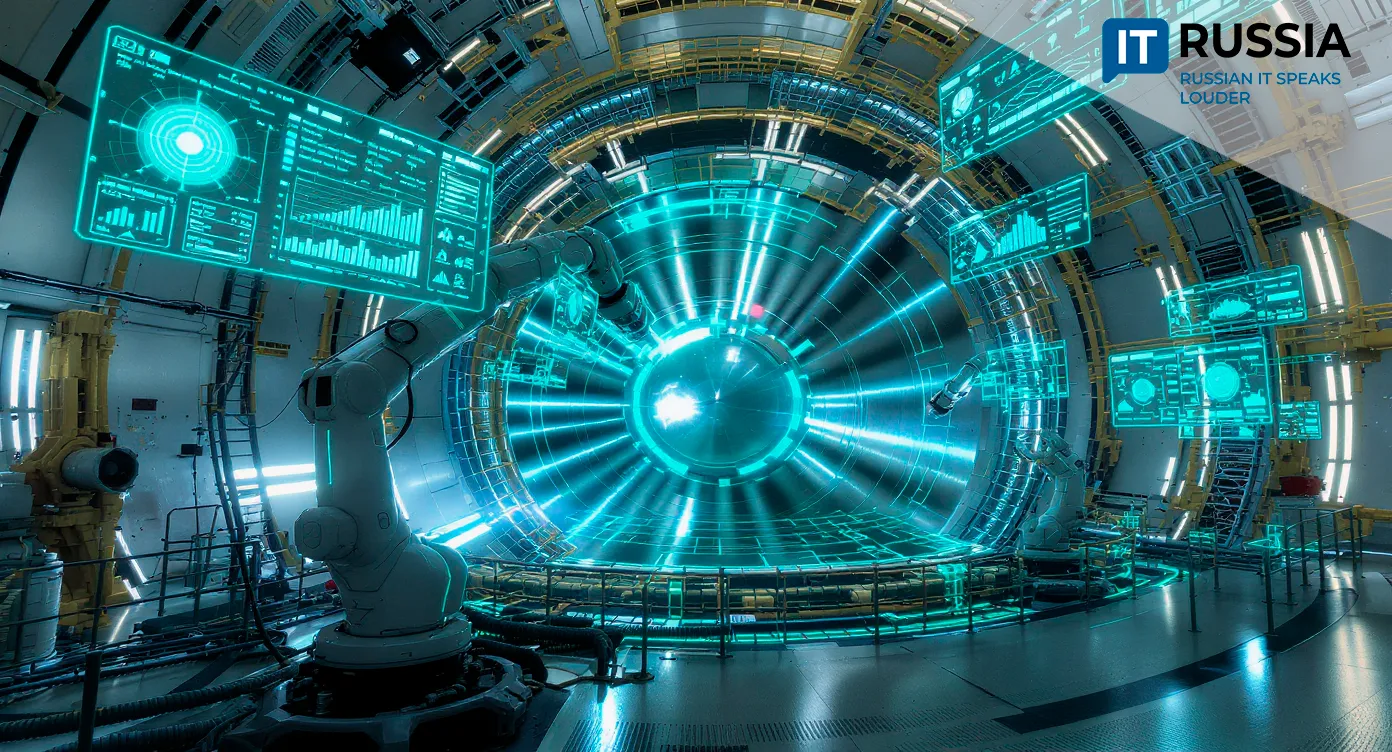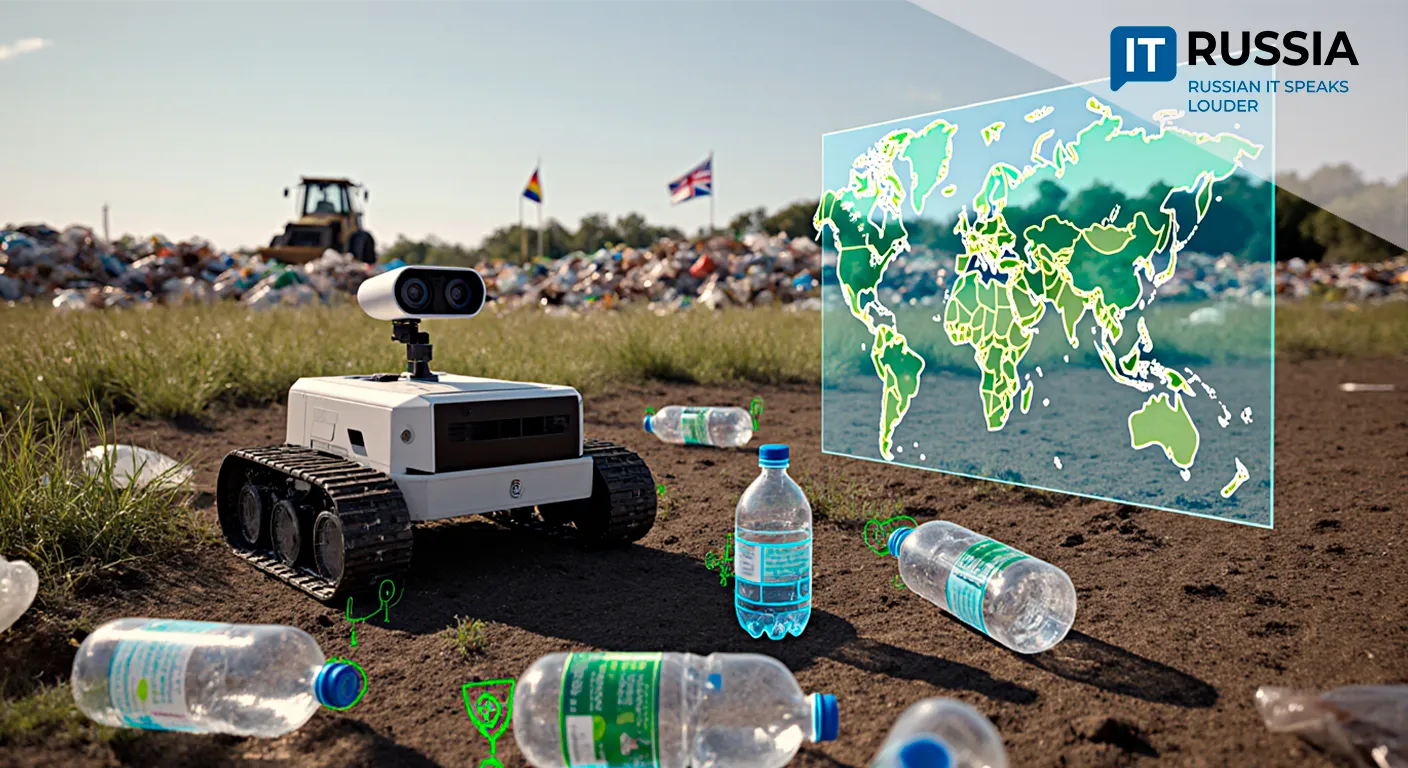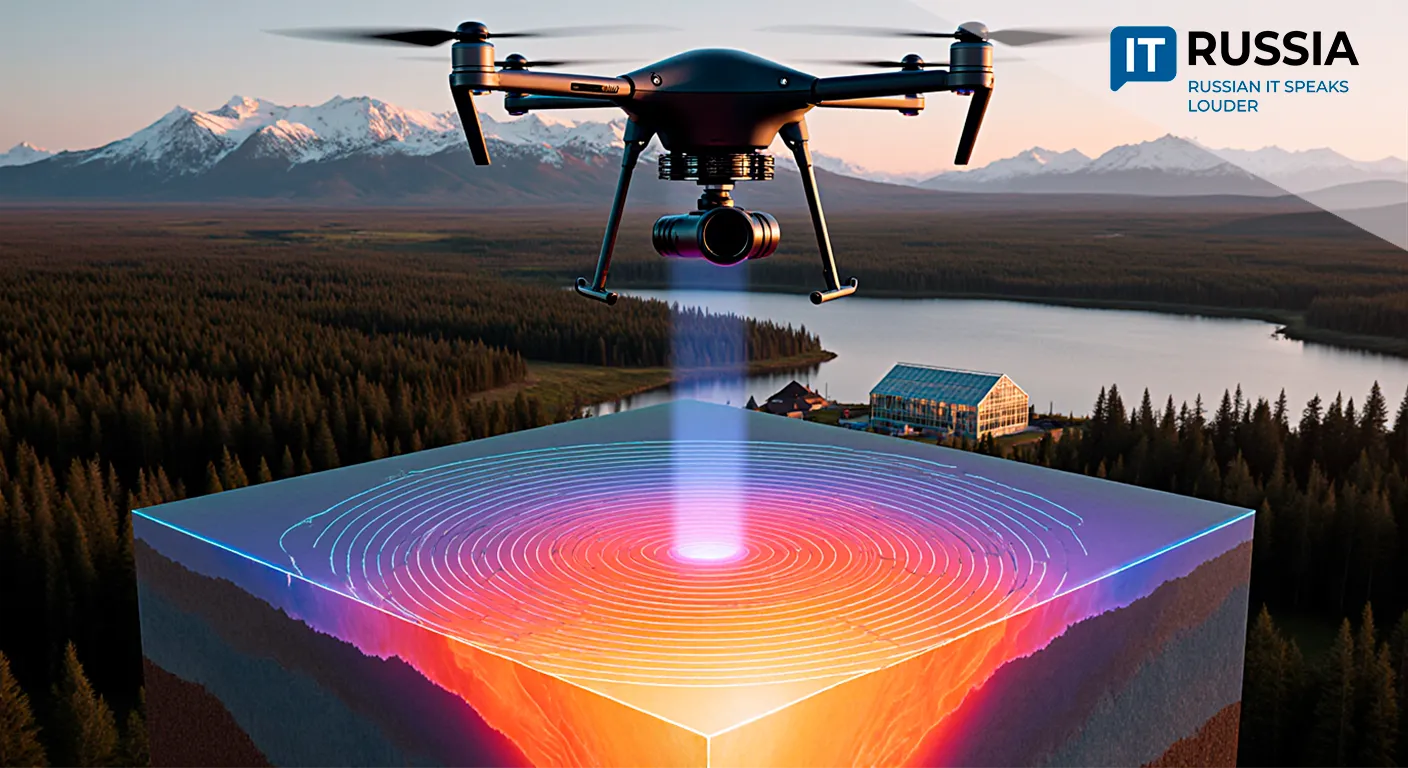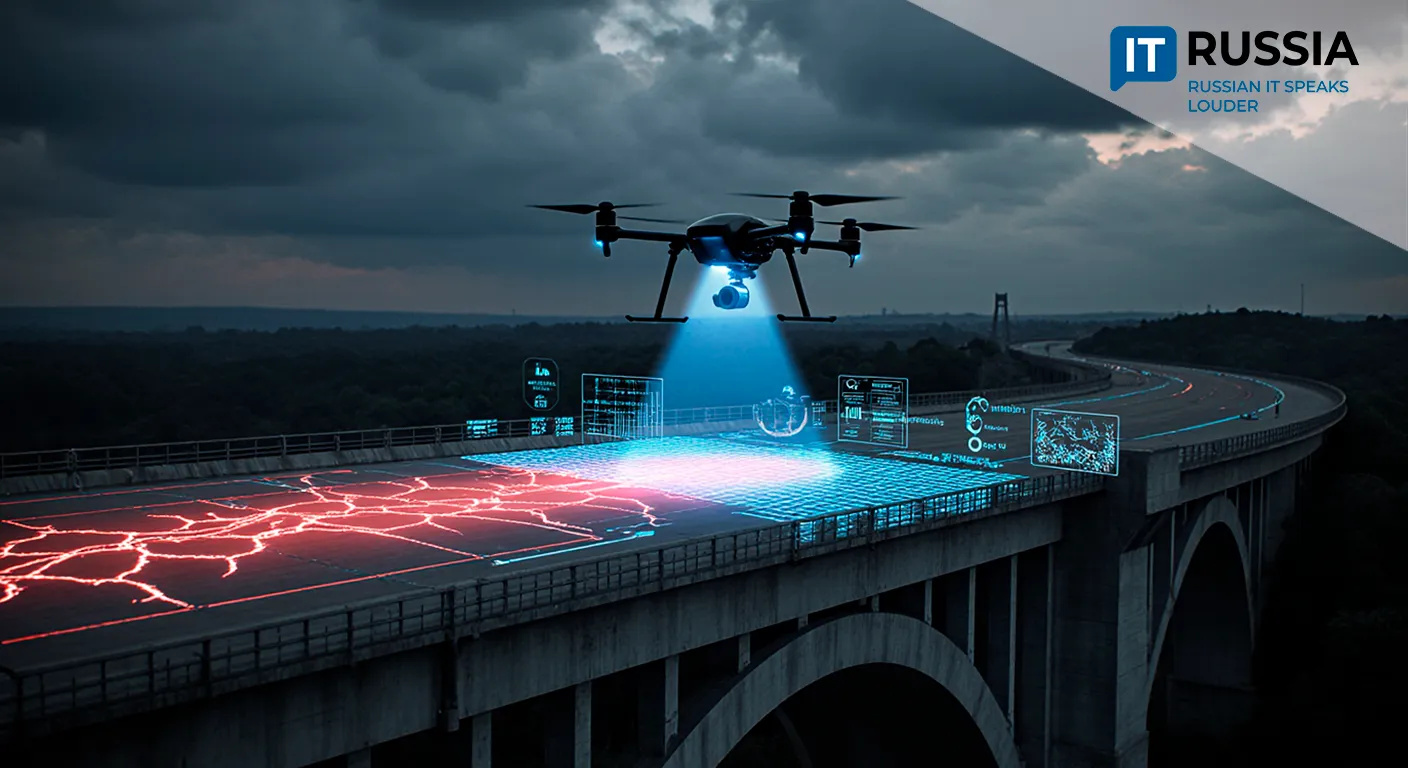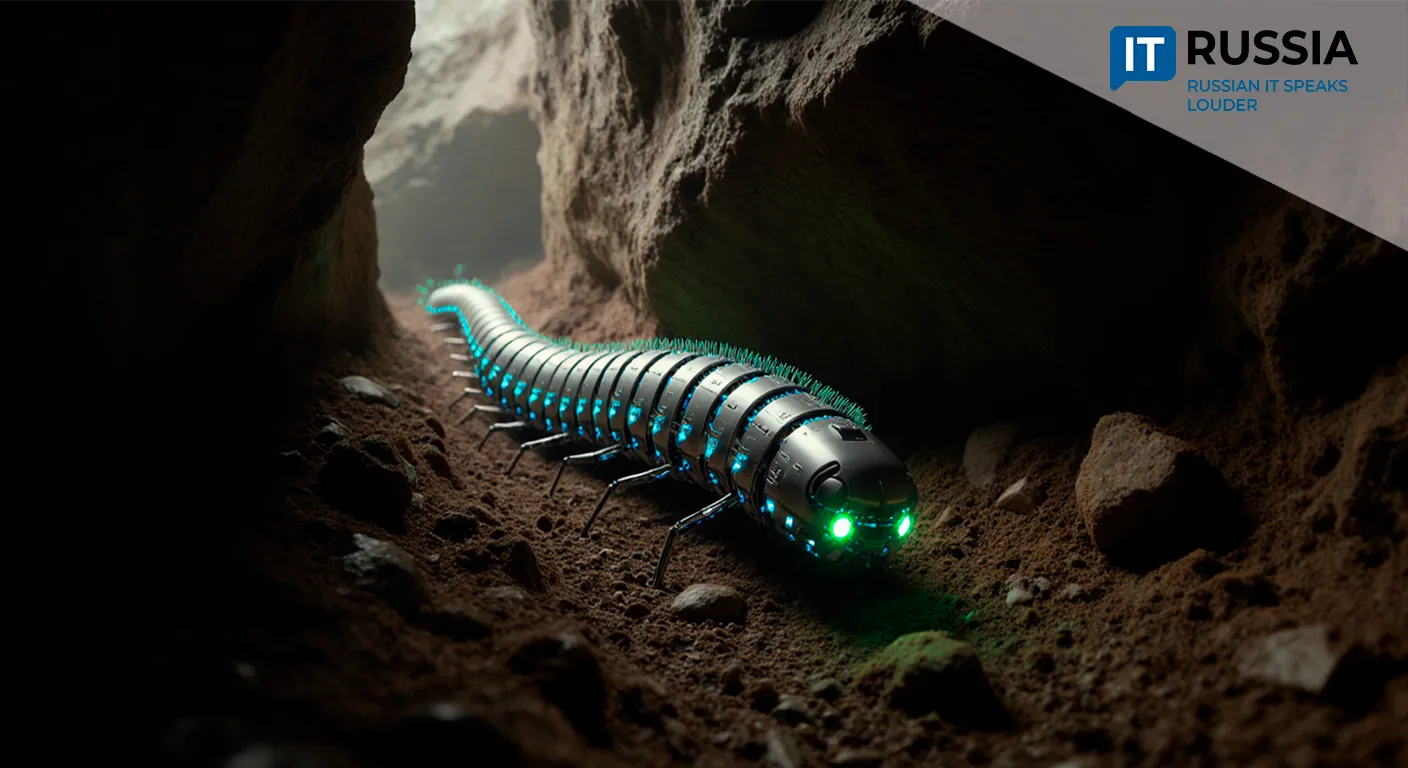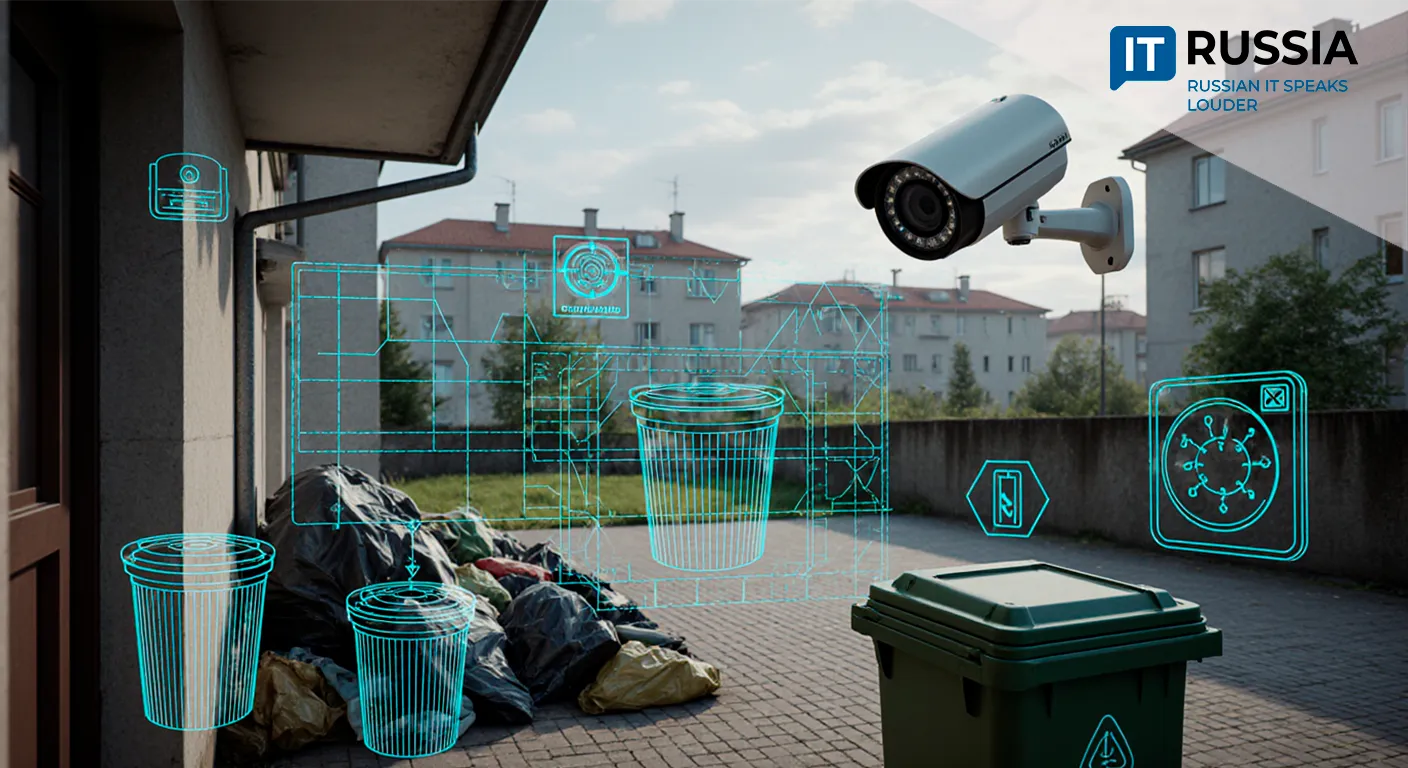Artificial Intelligence Guards Lake Baikal: How Technology Helps Protect the ‘Pearl of Russia’

Lake Baikal is not only a natural treasure of Russia but also one of the most important sites for environmental monitoring. Now, scientists are enlisting artificial intelligence to safeguard its fragile ecosystem.
Every Plankton Counts
Since 1945, scientists have been monitoring Lake Baikal’s water quality through the “Point No. 1” program, taking samples from a fixed location at depths of up to 250 meters. Researchers at Irkutsk State University’s Biology Research Institute have long conducted this work manually — identifying more than 400 species of Baikal plankton under microscopes.
In 2021, help arrived from technology partners Maritime AI, a developer of AI models for marine ecosystems, and Yandex Cloud. Today, microscope images of water samples are uploaded to Yandex Cloud, where a neural network trained on nearly 20,000 images can identify about 70 key plankton species that serve as ecological indicators.

Previously, such analysis required lengthy lab work; now it takes just minutes. The system also auto-fills reporting cards, reducing manual labor by 80%.
Healthy Lakes, Healthy Planet
Holding around 20% of the world’s fresh water, Baikal’s contamination could have catastrophic consequences. The new neural network is set to be integrated with a “digital twin” of the lake — a large-scale model being developed by scientists from 16 Russian institutes to forecast ecosystem changes and test protection measures. For example, it could advise on optimal road placement or industrial emissions control.

The technology can be scaled for other Russian lakes — in Karelia, the Urals, and the Far East — and exported to countries with large freshwater bodies, such as Canada, Finland, and China.
The AI algorithm has already been released as open source, allowing scientists anywhere in the world to build their own water monitoring systems.
AI-Powered Eco-Monitoring
In the near future, AI could form the backbone of a “smart lake” — integrating sensors, AI analysis, and real-time data visualization. Linking this with the digital twin will enable modeling of ecological scenarios, such as the impact of climate change or human activity.

This initiative shows how Russian technology can address global environmental challenges. Combining machine learning, cloud computing, and environmental science opens new opportunities not only for Baikal but for the planet as a whole. Such solutions could become the global standard for eco-monitoring, positioning Russia as a leader in the field.



